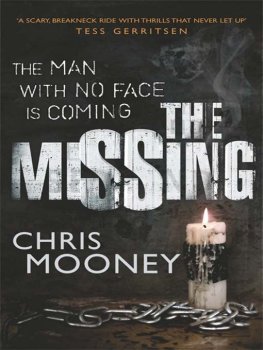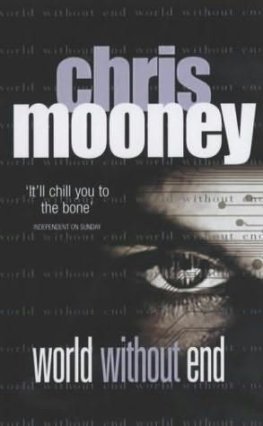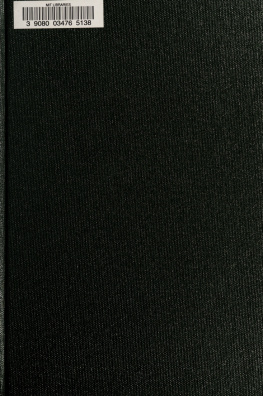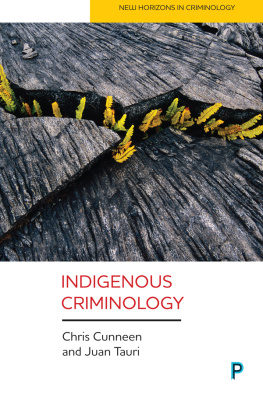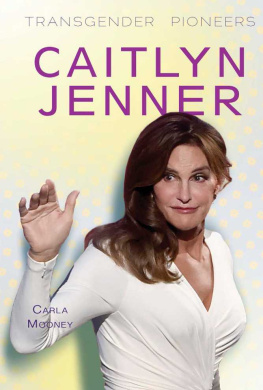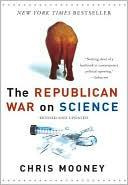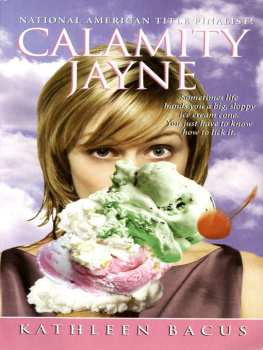The Theoretical Foundations of Criminology
To confront the challenges criminologists face today and to satisfactorily critique the theories on which criminology is founded, we need to learn from the past. To do this we must give context to both theorist and theory. Written from a critical perspective, this book brings criminological theory to life. It presents the core theories of criminology as historical and cultural products and theorists as producers of culture located in particular places, writing in specific historical periods and situated in precise intellectual networks and philosophical controversies.
This book illustrates that theory does not arise out of the blue and highlights the importance of understanding how and why ideas emerge at certain points in time, why they gained currency and the influence that they have had. It follows the trajectory of criminology from pre-Enlightenment society through to the present day and the proliferation of criminological thinking. It explores:
- Setting the Stage for the Emergence of Criminology
- Classicist Criminology: The Search for Justice, Equality and the Rational Man
- The Positivist Revolution, Physiognomy, Phrenology and the Science of Othering
- Chicago School of Sociology: An Explosion of Ideas
- Developing a Sociological Criminology: Durkheim, Du Bois, Merton and Tannenbaum
- Feminism: Redressing the Gender Imbalance
- Confronting the Establishment: The Emergence of Critical Criminology
- From Theoretical Innovations to Political Engagement
The Theoretical Foundations of Criminology provides an invaluable contribution to the growing conversation about criminologys origin story and the level that this is grounded in the idiosyncrasies of the North Atlantic world and its historical development. This book will be invaluable reading to students and academics engaged in studies of criminology and criminal justice.
Jayne Mooney is an associate professor of sociology at John Jay College of Criminal Justice and a member of the doctoral faculties in sociology and women studies at the Graduate Center, City University of New York. Her focus of scholarship is on the history of crime and punishment, gender and crime, the sociology of violence, social deviance and critical criminology. She was previously on the criminology faculties of Middlesex University and the University of Kent at Canterbury in the UK.
Mooney is like the best of urban tour guides leading us through a complicated metropolitan landscape where the evolution of space is a multivalent story of corporate interests, state power, local zoning, and diverse working populations struggling to get to work, raise kids, and seek respite in a night on the town. This book is exciting because it offers us a sophisticated guide for criminological theory charted by an author with a historians depth, and ethnographers instincts, and a poets heart. The writing is elegant yet accessible; the purpose clear and serious. Students of criminology will not only learn about theories and their contexts, but about the importance of theory itself for understanding the world as it is and for changing it.
Corey Dolgan, Professor of Sociology and Criminology, Stonehill College, USA and President-Elect for the Society for the Study of Social Problems
First published 2020
by Routledge
2 Park Square, Milton Park, Abingdon, Oxon OX14 4RN
and by Routledge
52 Vanderbilt Avenue, New York, NY 10017
Routledge is an imprint of the Taylor & Francis Group, an informa business
2020 Jayne Mooney
The right of Jayne Mooney to be identified as author of this work has been asserted by her in accordance with sections 77 and 78 of the Copyright, Designs and Patents Act 1988.
All rights reserved. No part of this book may be reprinted or reproduced or utilised in any form or by any electronic, mechanical, or other means, now known or hereafter invented, including photocopying and recording, or in any information storage or retrieval system, without permission in writing from the publishers.
Trademark notice: Product or corporate names may be trademarks or registered trademarks, and are used only for identification and explanation without intent to infringe.
British Library Cataloguing-in-Publication Data
A catalogue record for this book is available from the British Library
Library of Congress Cataloging-in-Publication Data
A catalog record for this book has been requested
ISBN: 978-0-415-73395-3 (hbk)
ISBN: 978-0-131-96010-7 (pbk)
ISBN: 978-0-429-32272-3 (ebk)
Typeset in Garamond
by Apex CoVantage, LLC
There are many people who have helped me along the way with writing this book. Firstly, I must thank Thomas Sutton, Hannah Catterall and Jake Rainbow from Taylor & Francis for their endless support and patience. Keith Hayward and Shadd Maruna the ideas we discussed in planning Fifty Key Thinkers in Criminology inspired me to explore further the historical and theoretical foundations of criminology. I am extremely grateful for early conversations with Deborah Talbot on the need to go back to primary sources and especially for comments on some of my original work on Beccaria and Lombroso. To Phil Carney, who supplied me with material on the ancien rgime. To Susan Opotow and Wendy Smith for reigniting my interest in the Chicago School and the activities of Hull House. To Danny Kessler and Louis Kontos, who kindly read every chapter and provided the most insightful advice I really owe you both a few drinks at Reynolds! To the students at the University of Kent, John Jay College of Criminal Justice and the Graduate Center, City University New York, who made use of draft chapters in their criminology and sociology courses. To Larry Sullivan, Jeff Ferrell, Walter DeKeseredy, Eugene McLaughlin and Sandra Walkate, who either gave feedback or just encouraged me to write. I owe a special debt to Claire Martin, Ruth Jamieson and Anne Mackinnon for getting me back on my feet again after a rough few years. To Dave Brotherton, Lisa Koffler, Juliet, Anny and Jesse Ash, Sara Salman, Yolanda Ortiz-Rodriguez, Theresa Rockett, Jacqui Young, Terri Brajewski, Susan Cohen Lasky, Diane DAlessandro, Joe Whittaker, Kate Rigden, Jenny Cobine, Peter Marina, Albert de la Tierra, Emily Troshynski, Lynn Chancer, Marcia Esparza, Carla Barrett, Martha Rose, Marty Schwartz, Andy Karmen, Robert Weide, Lucia Trimbur, Gill Gower, Nancy Kaminash, Melissa Myers, Cyann Cox Zoller, Candace McCoy, Valerie West, Barry Spunt, Gregg Barak, Jan Jordan, Alex Steers McCrum, Andrew Taylor, Alisa Thomas, Kerry Carrington and Rafa Gude and the incredible activism of Sisters Uncut. I am also appreciative to have received the support of Dan Stageman and the Office for the Advancement of Research, John Jay College of Criminal Justice; the CUNY Office of Research and to the chairs of my department, Henry Pontell and Bob Garot. Special thanks must go to Polly, Faith and Erin, who got me into the writing groove Pollys beautifully drawn daily work timetable stuck to my computer screen was a valuable reminder of what I had to do. I must not forget Piper Doodle, our dog, who kept me company and was often found buried under paper. Finally, while working on this book I lost the love of my life, my soul mate, my partner in crime. Jock I know that wherever you are you will be breathing a sigh of relief that I have managed to finish and refrained from going down yet another rabbit hole. I hope the stars and the whales are keeping you company. This book is dedicated to my other two loves, our sons Joseph and Fin.




